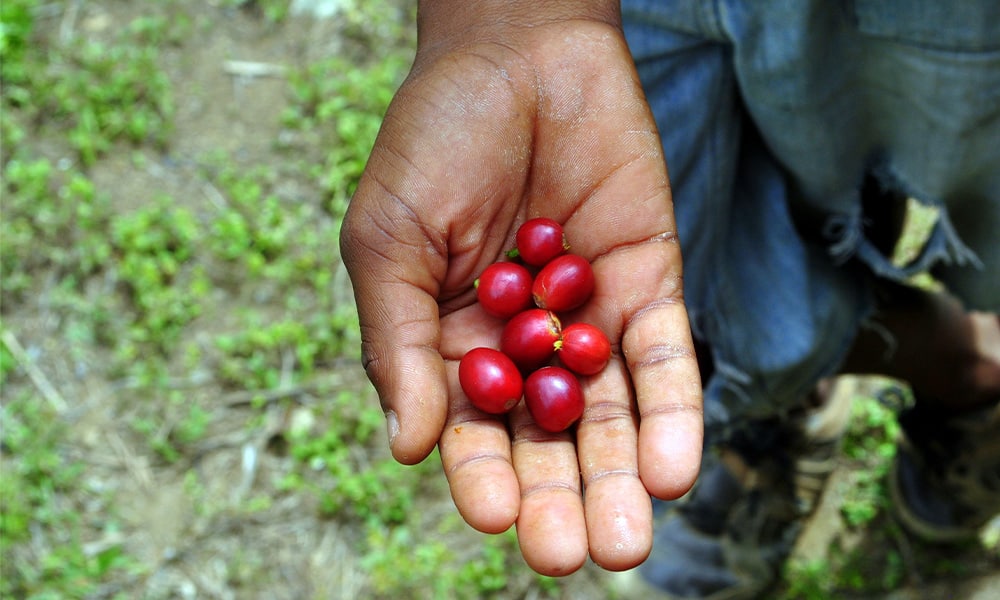An innovative collaboration between the Center for Advanced Applied Research (CAIA) in Alexandria and the Tropical Agronomic Research and Higher Education Center (CATIE) aims to significantly reduce the carbon footprint of coffee and vegetable farming in Costa Rica’s prime coffee-growing regions.
The organizations have jointly launched “Project One,” an ambitious sustainability initiative rolling out in the areas of Dota, Tarrazú, and León Cortés. By utilizing organic fertilizers, strategic reforestation, and upgrading transportation fleets, Project One seeks to greatly minimize air, water, and soil pollution while also enhancing crop yields.
“As international markets demand reduced chemical usage in coffee production, effective climate solutions are key. While COOPEDOTA currently holds Carbon Neutral Certification, offsetting emissions, Project One focuses on actively reducing CO2 and achieving Carbon Positive status – a first for any coffee producer globally,” stated Monserrat Hernández, assistant manager of the Dota agricultural co-op.
The locally-produced organic fertilizer FertiDota blends coffee wastewater with fish, phosphorus compounds and coffee pulp. This provides ideal nutrients and macronutrients while eliminating chemical residues. Tomato plants fertilized with FertiDota in greenhouse trials flowered in just 37 days compared to 80 days traditionally.
“Wastewater from coffee processing has valuable nutrients. By combining it with circular economy approaches, we transform waste into organic fertilizer that rapidly strengthens plant growth,” explained Luis Diego Jiménez, CATIE commercial manager.
Additionally, teams will strategically plant fast-growing Trees of Life near coffee crops to absorb carbon emissions. With ample sun and proper spacing, these trees can sequester over 20 tons of CO2 over a decade. Upgrading truck fleets to electric vehicles will also curb transport pollution.
By targeting key areas, Project One strives to help Costa Rican coffee become the first Carbon Positive certified coffee globally. It also intends to serve as a model for large-scale emissions reduction and sustainable agriculture efforts across the tropics. Initial trials display excellent potential to minim minimizes ecological impact without reducing coffee quality or yields.
Costa Rica’s reputation as a world leader in eco-conscious coffee stands to grow even further thanks to Project One’s ambitious goals. CAIA, CATIE and COOPEDOTA have invested 18 months into launching this visionary sustainability initiative aimed at revolutionizing regional agriculture. With creative strategies to amplify reforestation, optimize natural fertilization, and modernize transport, Project One may spark a wider movement supporting farmers globally on the journey towards Carbon Positive coffee.






